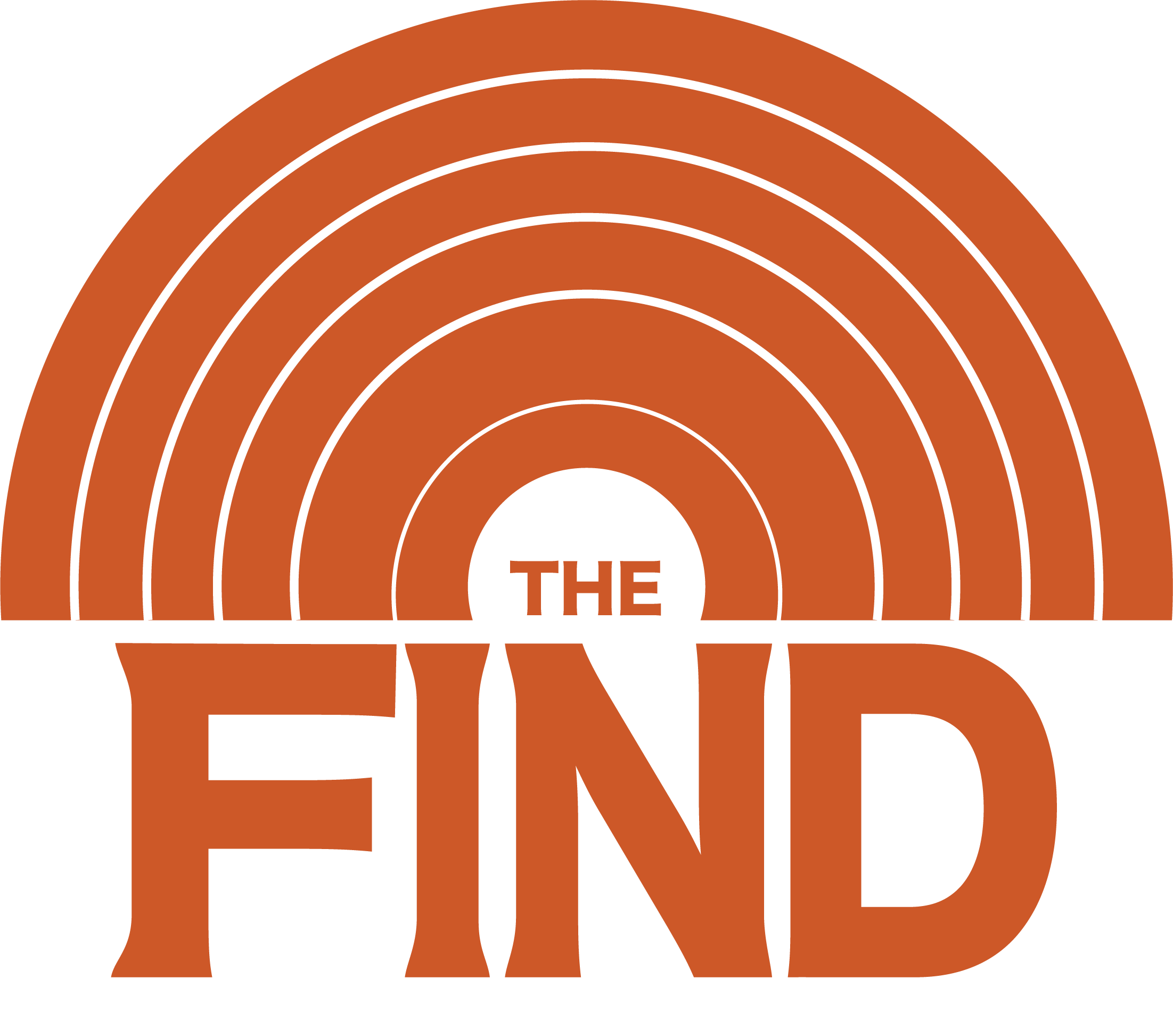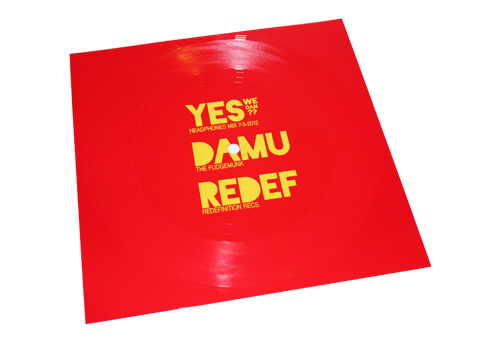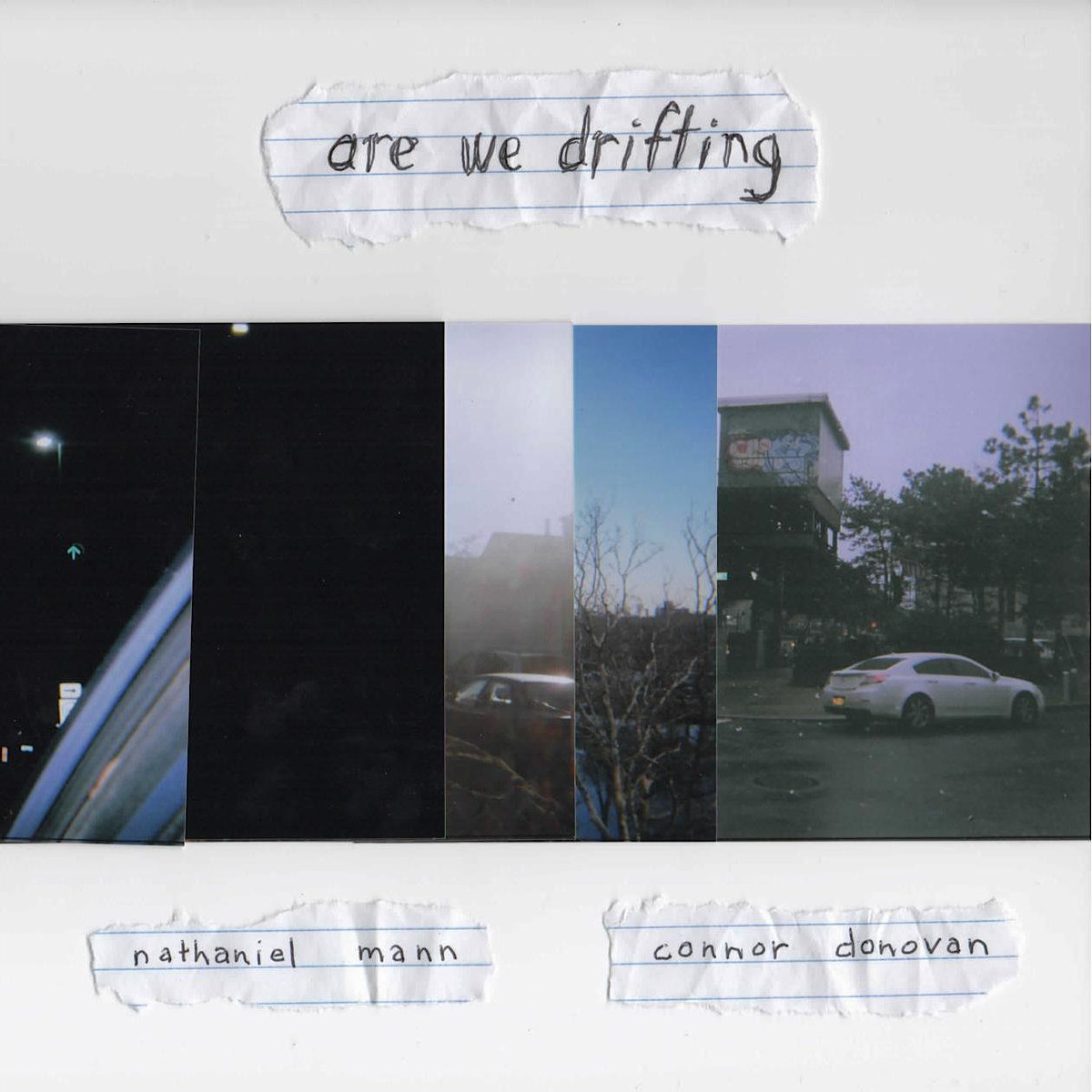Aver & Doron Segal on ‘The Algorithm Smiles Upon You’ (Interview)
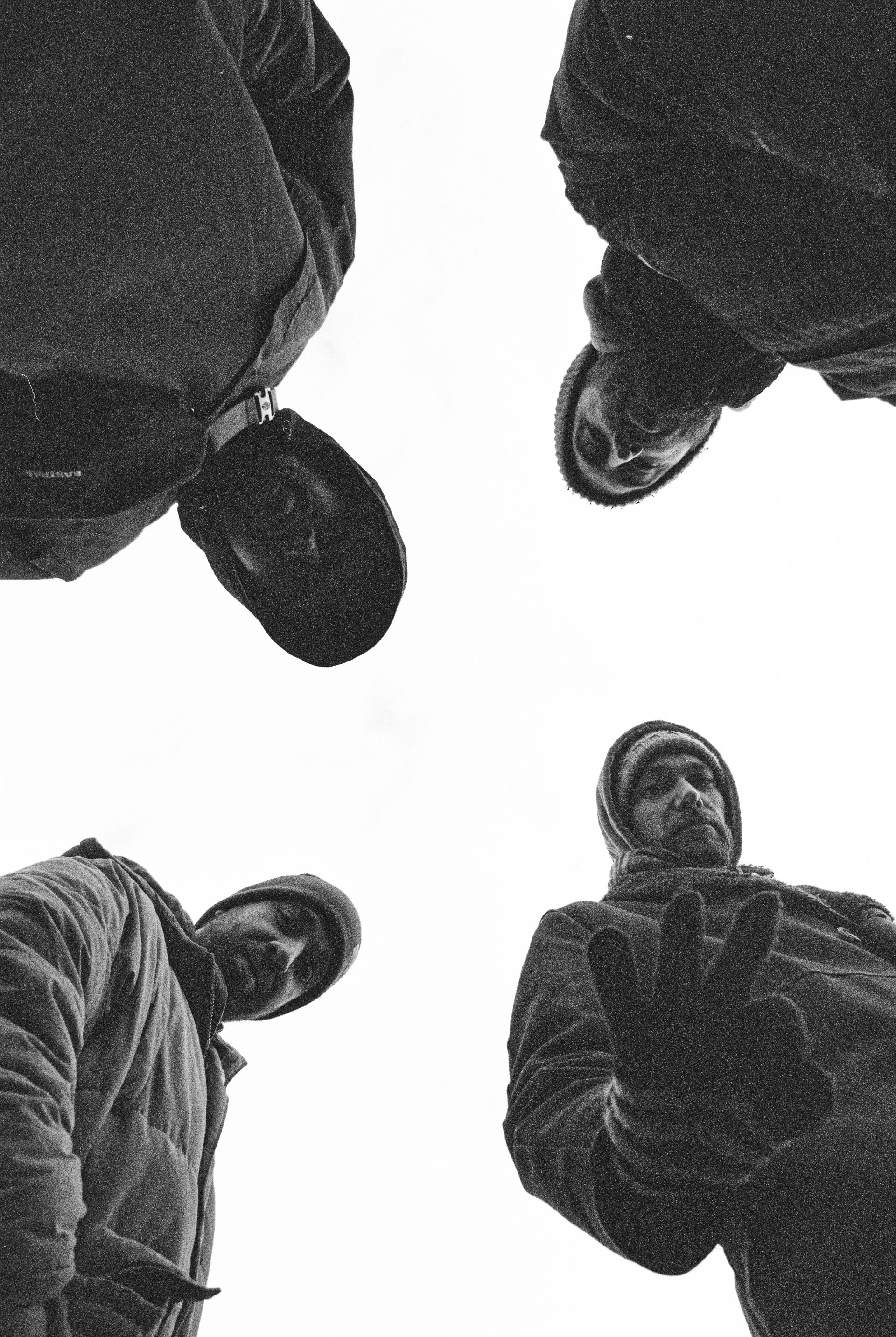
The name of four-piece band Move 78 is based on a famous move in ‘Go,’ an ancient Chinese board game match: world-champion Lee Sedol versus an AI-powered opponent. His strange 78th move completely baffled the algorithm. Move 78: man versus machine. A human response adapting to beat ever-evolving technology.
A new album called The Algorithm Smiles Upon You by the Berlin-based band and UK producer Aver on Village Live Records, explores a similar theme: music made from hours of studio improvisations, then chopped, rearranged, and manipulated by Aver, also layered with more live strings, flute, and horns. Man versus machine: a signature sound floating between free-form jazz and automated, programmed hip-hop production.
Aside from the story behind “Go move 78” and the way you guys have collaborated, is there also another subliminal meaning behind the title, The Algorithm Smiles Upon You? Perhaps related to music consumption or today’s digital music industry?
Aver: There are two elements behind the name which have nothing to do with the current state of music consumption. The first element is related to how the band came to know each other, which was through my sister (who also lives in Berlin) using Tinder once in her entire life, and the person she went on that date with was Nir (the drummer in Move 78). She evidently has incredible taste!
The other element is a tongue-in-cheek nod to Khruangbin’s debut album, The Universe Smiles Upon You. If we ever get as big as them we’ve made a pact that I’ll dress up in flowery dresses like Laura Lee and Doron will wear a wig like Mark Speer.
Since the theme of the collaboration relates to human interaction and the impact of technology: what did the fact that part of the creation was a long-distance process going back and forth between Aver and Doron brings the sound and the album, as opposed to being together in the studio at all times? Or was there anything lacking or missing that way, to you personally?
Aver: I feel like it allowed us the best of both worlds really, we have captured the raw energy of Nir, Hal, Doron, and the other musicians vibing in the actual studio and then I worked extensively at my home studio (as well as Doron’s and Nir’s) to refine those things. One couldn’t exist without the other.
Doron: In my experience, the thing that was really important for me was to keep this live playing approach outside of the studio as well, trying to understand how we can add to the songs and edit them to our likings, without ruining the natural flow of what that had happened in the studio. One thing that really contributed to that feeling was the idea that Aver had picked bits from hours of us playing, and often we couldn’t really even remember the parts that he resurfaced, needing to relearn them in order to understand them, which kept on giving a fresh vibe to the music.
The album’s press text mentions, “Aver played the band clusters of chopped-up sounds from his sampler, to serve as a technical provocation to generate their human improvisations.” Can you explain what that meant for your collaboration?
Aver: It initially set the dystopian tone of the sessions I wanted and led the musicians down strange paths they may not have traveled otherwise. It played out as a fun challenge of ‘How can we flip this so it doesn’t sound like some regs old hip-hop beat or some boring ass-jazz standard?’
These guys can all play a huge range of styles and I liked seeing how the limitations of trying to recreate and then reinterpret loops affected their playing. In a world of infinite choices limitation is key.
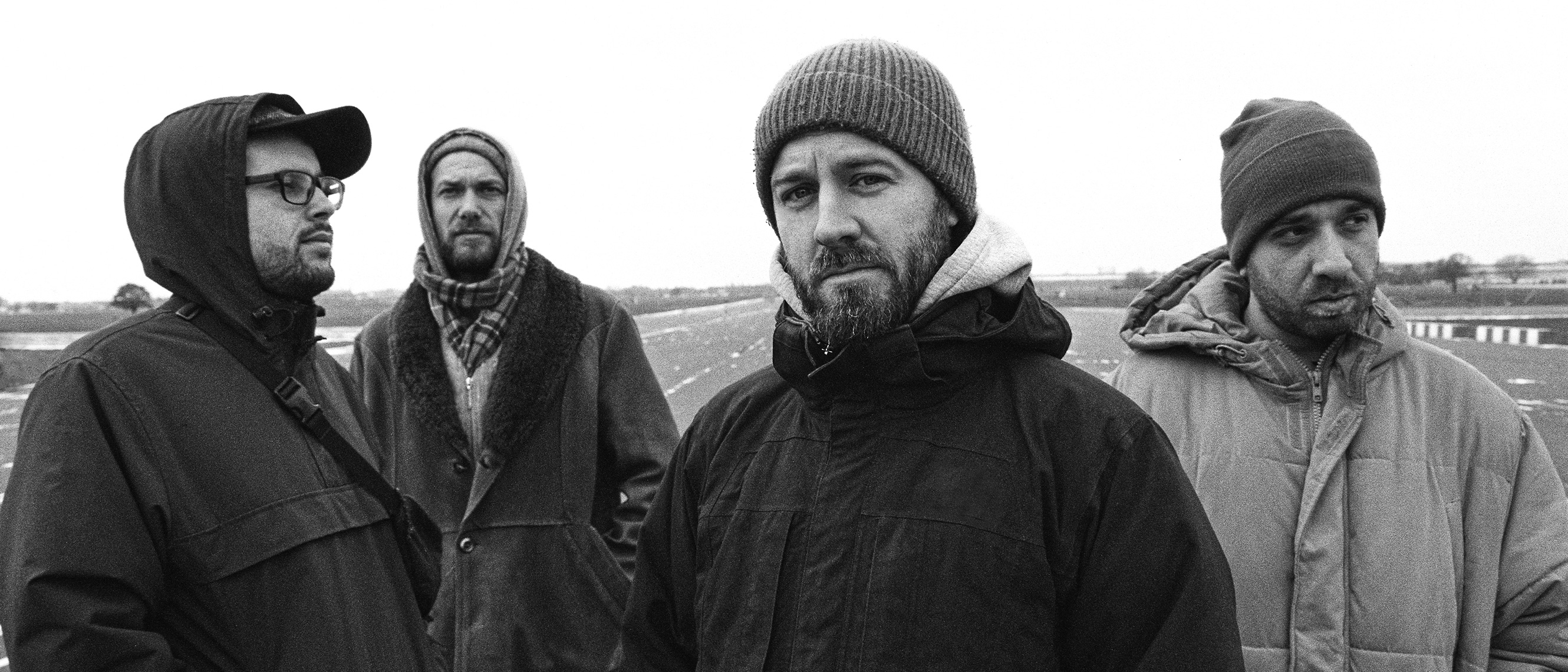
“Essentially, we make Granular Jazz. It’s just no one knows it yet.”
— Aver
The balance between “free-flowing jazz and automated, programmed hip-hop” is an interesting one. What did the both of you learn from each other, that you now put into your own way of working?
Aver: I have learned a lot about composition and how to better build tension within songs. Doron insists I work with odd meters, which is essentially an alien language to a hip-hop producer, so I’m slowly learning how to not be so four-four about everything.
I also feel very humbled by the band’s musicianship to be brutally honest, and I learned when to shut up and listen. In some of the sessions, I’ve been largely silent whilst these guys talk about music theory that is well above my pay grade. One session in particular with Merav Goldman was one of the most productive and enjoyable musical things I’ve taken part in, and I basically just sat there smiling and grunting occasionally, trying to keep quiet like Merav’s dog Gura who was sitting next to me. Shouts to Gura!
Doron: I think that one of the most important things I have learned from this project is how to refine my musical outputs and ideas, in ways that will contribute to this session and the band’s sound the most. Putting my jazzy ego aside and understanding how I can contribute to the situation, understanding repetitive playing better, and working towards creating mini-songs that will be easier to work with later. Often playing with the understanding that I will be automated as well. Other than this, Aver’s musical taste and knowledge are endless. I learned so much about hip-hop, soul, funk, and general music history from him.
Do you feel this represents a new wave of beatmaking in this day and age; a more free-form take on beats?
Aver: No, not really. It’s incredibly time-consuming and potentially very expensive unless you have trained jazz ninjas for friends as I do. I have been making beats for 17 years and I am very quick in my workflow. I feel to a newcomer, the sheer scale of the file management in setting up the sessions before you can even edit anything would put them off.
Doron: I agree, Aver is a weirdly patient human being and not many other sane individuals would sit still for as long as he does.
To you personally, what’s the most exciting piece of technology in music these days?
Aver: Granulation! It isn’t really present on this EP, but on our full album that we’ve been working on (Automated Improvisations), it’s everywhere. Essentially, we make Granular Jazz. It’s just no one knows it yet.
Doron: I second granulation. Making new sounds out of already existing recordings, using grains of audio as the source. I also think granulated live playing is possible, I still mainly see it as a concept, but I do experience more and more with making it happen.
How do you think the future of algorithms in (hip-hop/beats) music looks like?
Aver: Probably very weird and glitchy on the music production side of the equation, and oppressive and undermining on the music distribution side : )
Doron: I hope that producers will continue to create music for the love of it, and not for getting into playlists that won’t generate much revenue anyway. I hope people will continue to create original music that will defy algorithms and will make it harder for them to duplicate.
